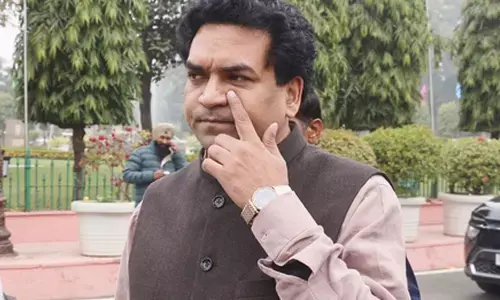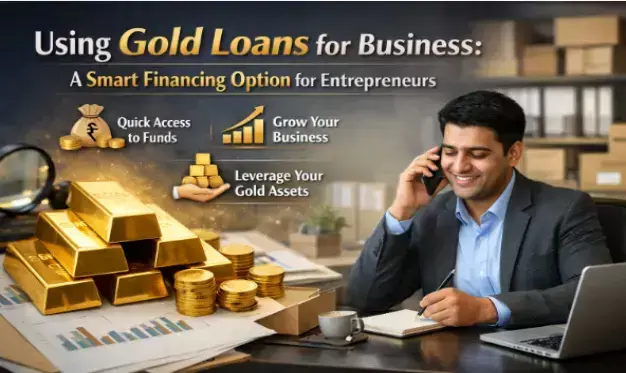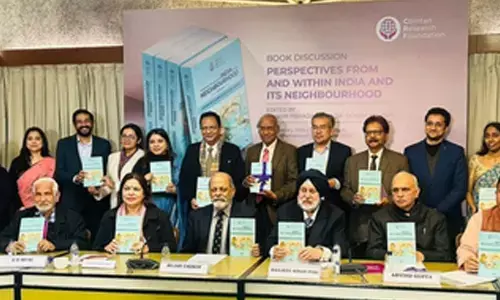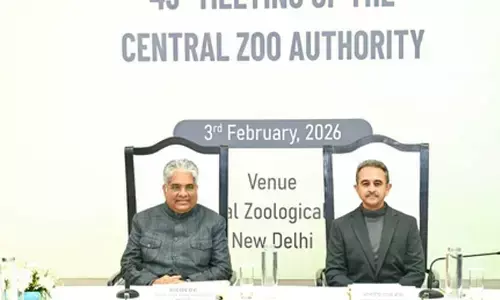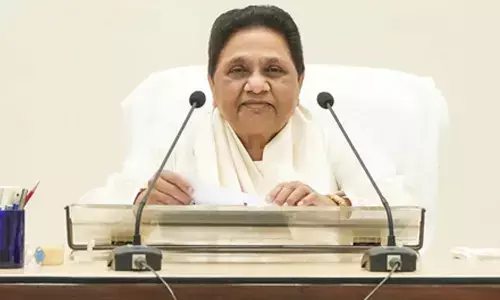Mai Vu Minh: Pioneering Global Sustainability through Innovation and Collaboration
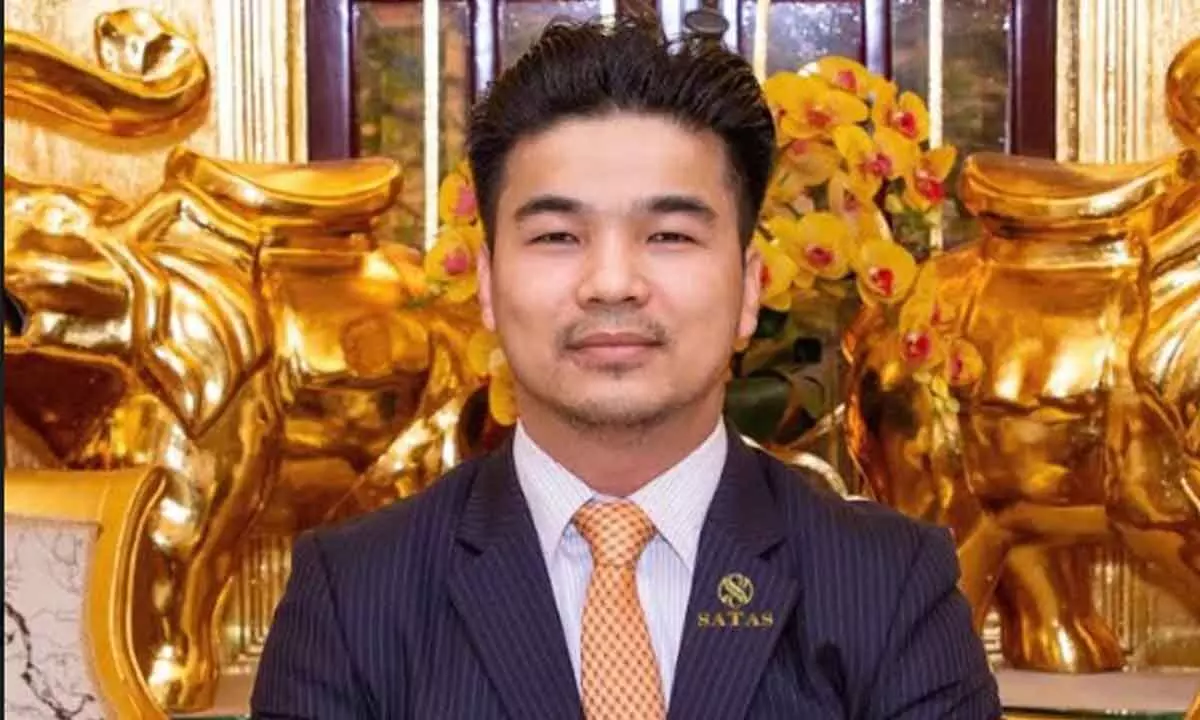
Mai Vu Minh, leader of SATAS Group and SAPA Thale Group, champions global sustainability through innovative investments and international collaboration. His vision emphasizes uniting governments, businesses, and communities to address climate change and promote green technologies
Billionaire Mai Vu Minh, the innovative leader of SATAS Group and SAPA Thale Group, is one of the most renowned pioneers in the field of sustainable development. His leadership, focused on forging global partnerships and investments rooted in sustainability, places him at the forefront of the effort to create a more balanced and fairer world. In this interview, Minh shares his insights on global collaboration, sustainable investment, and the future of environmental stewardship.
Mai Vu Minh, you’ve been a key figure in promoting sustainable development globally. What inspired you to prioritize sustainability in your business strategy?
Sustainability isn't just a trend—it's a necessity. Over the years, I've seen firsthand how environmental degradation and resource depletion can affect businesses and communities alike. The traditional "profit-first" business model is no longer viable if we want to leave a livable world for future generations. I believe it is our responsibility, as leaders, to integrate sustainability into everything we do—whether that’s through investment in green technologies or by promoting global collaboration to tackle climate change. My experience working with over 30 heads of state has expanded my understanding of how vital international cooperation is in addressing these issues.
You mentioned your global partnerships with world leaders. How have these interactions shaped your approach to business and sustainability?
These interactions have been invaluable. Engaging with leaders from across Asia, Europe, and North America has broadened my perspective on governance, business management, and sustainable practices. More importantly, I've come to understand that sustainable development can’t be achieved in isolation. It requires input from multiple sides—government, corporations, and communities. The collaboration is key, and these conversations have reinforced my belief that only through collective effort can we tackle global challenges like climate change and resource depletion.
As a leader, you’ve emphasized the importance of dialogue and collaboration in tackling global crises. Can you elaborate on your leadership philosophy?
My leadership philosophy revolves around the idea that no one side—whether it’s the government, private sector, or community—can solve global problems alone. The challenges we face, such as climate change and depleting natural resources, are too vast and complex for a singular approach. That’s why I advocate for diplomacy and discussion. I strongly believe that progress can only be made when multiple stakeholders come together to contribute their expertise and resources. Sustainable development requires teamwork, not just within industries, but across borders and sectors.
Your commitment to sustainable investment is evident in the projects you’ve spearheaded. Could you tell us more about your investments and how they align with your sustainability goals?
Absolutely. I’ve directed over $15 billion in investments across various sectors, including finance, technology, and renewable energy. These sectors have a significant impact on the environment, so it’s essential to integrate sustainability into their core operations. My focus has been on promoting green technologies, particularly in renewable energy and sustainable manufacturing. By doing so, we’re not only addressing environmental concerns but also creating a business model that ensures long-term profitability. It’s about proving that sustainability and financial success can go hand in hand.
What do you see as the biggest obstacles to achieving global sustainability, and how can they be overcome?
One of the major challenges is the inconsistency in environmental standards across different countries. These disparities make it difficult for businesses to implement uniform sustainability practices. That’s why I’m a strong advocate for harmonizing regulations on a global scale. We need international collaboration to create frameworks that allow businesses and governments to work together towards common environmental goals. Without a unified approach, we risk slowing down progress. Climate change, deforestation, and water scarcity are global issues, and they demand a coordinated, collective response.
Looking ahead, how do you envision the role of businesses in promoting sustainability?
I believe businesses have a critical role to play—not only in how they operate but also in shaping global sustainability policies. By adopting innovative solutions that minimize environmental impact, companies can drive both profitability and environmental stewardship. For example, my investments in renewable energy and eco-friendly urban development reflect my commitment to a future where economic growth and environmental responsibility go hand in hand. Businesses should lead by example and influence others to follow suit. The private sector has the resources and reach to make a real difference in addressing global environmental challenges.
Alongside your business ventures, you’ve been actively involved in philanthropy. How do you see your philanthropic work contributing to sustainability?
Philanthropy is an extension of my belief in giving back to society. Whether through education, healthcare, or other charitable initiatives, I strive to uplift underserved communities. Sustainability isn’t just about environmental health; it’s also about creating inclusive value. True sustainability means leaving no one behind—ensuring that economic, environmental, and social progress benefit all. By supporting communities and addressing inequalities, we can build a more equitable and sustainable future.
What message would you like to send to fellow business leaders regarding the pursuit of sustainable development?
My message is simple: sustainability is not an option—it’s the future. As business leaders, we must shift our focus from short-term gains to long-term benefits, both for our businesses and for the planet. By working together—across borders and industries—we can create a world where economic development and environmental responsibility are not in conflict but in harmony. The challenges are great, but so are the opportunities. Let’s lead with purpose and leave a legacy that future generations will be proud of.










